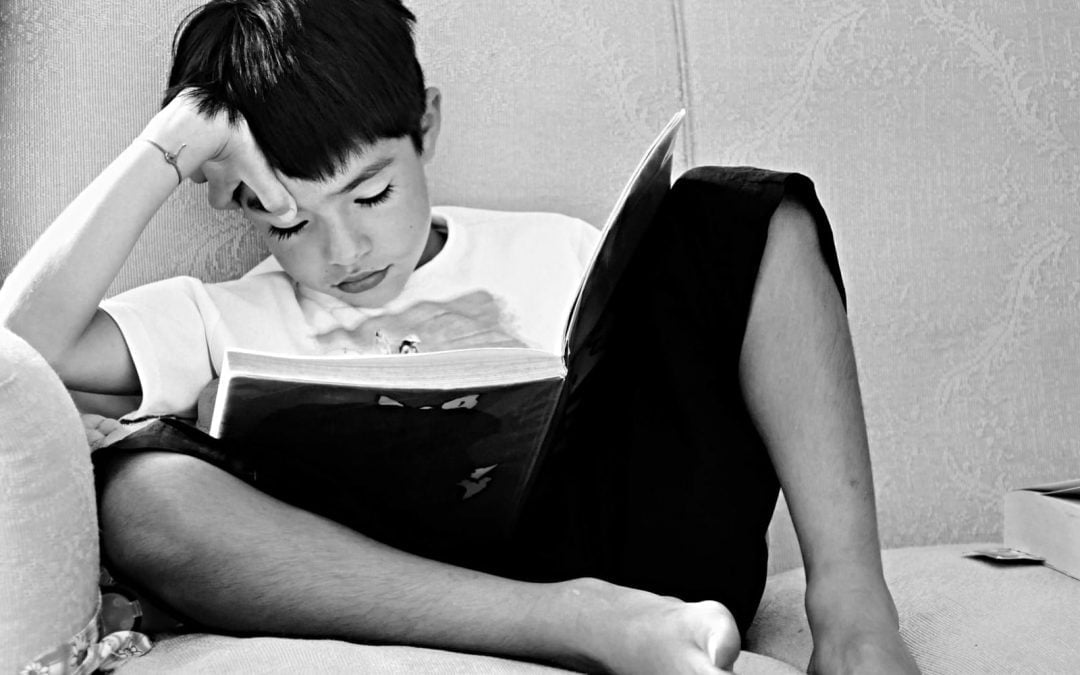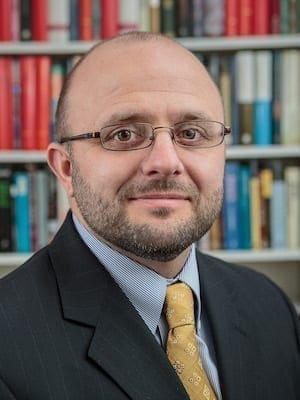When I hear the word “literacy,” it becomes very personal.
My grandmother was the strongest and toughest person I ever knew as a child.
When she was a little girl – a “tweenager” – she could pick 300 pounds of cotton a day. That’s about a quarter acre of land and what a strong man could do if he worked hard in the field.
That was my grandmother, Cutie Sellers.
The only time I ever saw her somewhat afraid was when she had to write her name on a check for something. Her hand would always shake and move clumsily and awkwardly.
She was illiterate. She never went to school in her life.
When she was barely school age, her father had her in the cotton fields of the Mississippi Delta working. Physical labor was the only education she ever received.
Because of this, she never got a driver’s license. My grandfather, and later mother, drove her wherever she needed to go. She never read a book in her life. This severely limited my grandmother’s capacity to participate in society.
With her work ethic and hardheadedness, she raised five children in the fields and kept them clean and well fed. But, the power of her personality was one of leadership.
I wonder what she could have been with her strengths if she could have ever read. How could she have been more included in the society in her own day had she had the opportunity to go to school and learn how to read?
Together for Hope focuses on the 301 counties of persistent rural poverty in the United States. We have four priorities of hope: education, health and nutrition, housing and environment, and social enterprise.
While our programs look different based on the assets of each community, we have some important and transformative literacy programs that create opportunity for children growing up in these counties.
These literacy opportunities fill the capacity for our children and give them the literacy tools to help them fully participate in our society.
For instance, Janeé Tisby, the executive director of Together for Hope Arkansas in Helena-West Helena, Arkansas, runs a mobile library that services two small towns in Phillips County, Arkansas.
The Stories on Wheels (SOW) program is a converted school bus that houses over 3,000 books for children. Tisby sends this bus to towns with no public library and runs reading programs for the children.
The SOW program intervenes in a system that these children were born into but did not ask for. This intervention provides a literacy opportunity where there would otherwise not be one.
According to Chapin Hall researchers at the University of Chicago, a child’s reading level by third grade is a significant indicator of that child’s educational outcomes in eighth grade and high school.
If a child is reading at the appropriate level or beyond by third grade, her or his capacity for graduating high school and going on to higher education is significantly improved.
The SOW program seeks to make this the case for children in the rural Arkansas Delta.
Besides Together for Hope Arkansas, Diane Berry, a Together for Hope field personnel with the Cooperative Baptist Fellowship, also offers literacy programs in the Rio Grande Valley along the Texas/Mexico border.
Berry works primarily with Latinos and Latinas who seek to learn English as a second language.
The barrier in the Rio Grande Valley isn’t between literacy and illiteracy as much as it is between Spanish and English. She works with both children and adults in helping them learn how to read and communicate in English.
Just as in the case with the literacy programs in Arkansas, this opens up whole new worlds to the children and adults that work with Berry.
Because they can communicate in English, their capacity to engage in society is enlarged, which helps them become even more connected – leading to better job opportunities and educational outcomes.
Tisby and Berry are just two examples of rural practitioners in Together for Hope who are making a significant difference in people’s lives as it relates to literacy.
These children and adults are able to see the world differently and more fully due to the programs Together for Hope is offering in areas of persistent rural poverty.
Who knows? Maybe we are helping a little Cutie Sellers become the next great leader of our time.
Editor’s note: This article is part of a series of articles this week for International Literacy Day (Sept. 8). Previous articles in the series are:
Literacy: Powerful Weapon Against Inequality if We Use It | Hannah Watson
Helping Students Discover the Worlds Awaiting Them in Books | Trevor Barton
Christian Agency Brings Education to Syrian Refugee Children | Alia Abboud
US Faith Communities Played Big Role in Public Education | Charles F. Johnson
Fun Curriculum Bridges Educational Gap for Refugee Kids in US | Karen Morrow
National director of Together for Hope, CBF’s rural development coalition, and the coordinator of the Cooperative Baptist Fellowship of Mississippi. He is the author of Faded Flowers: Preaching in the Aftermath of Suicide and James in Postcolonial Perspective: The Letter as Nativist Discourse (Fortress, 2015). His co-edited volume Bible and Theory: Essays in Biblical Interpretation in Honor of Stephen D. Moore (Fortress Academic, 2020) will be released this fall.


